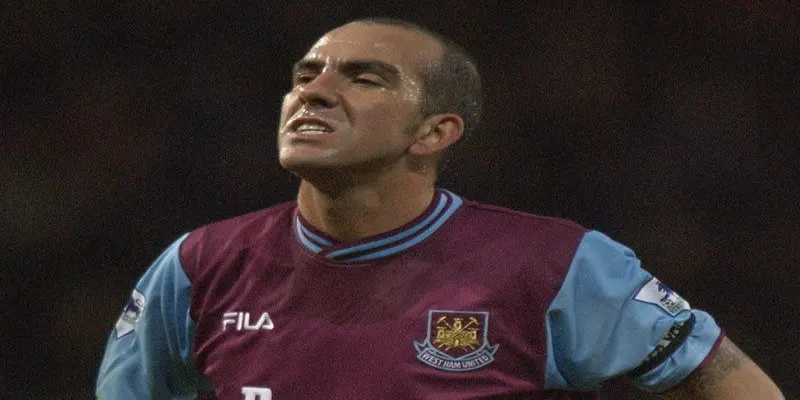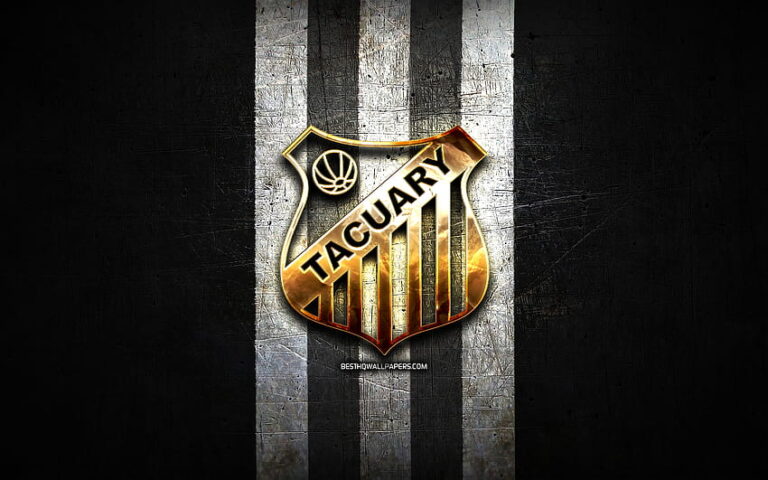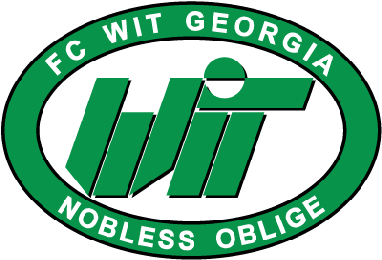
Paolo Di Canio: The Volatile Genius, His Controversial Career
Few figures in modern football elicit such a visceral mix of awe and discomfort as Paolo Di Canio. His career was a tapestry woven with moments of sheer, unadulterated brilliance—a volleyed goal, a masterful through-ball—contrasted starkly with flashes of profound controversy. He remains one of the game’s most enigmatic stars, a volatile genius whose undeniable talent was matched only by his explosive temperament and controversial political convictions. For many football enthusiasts seeking in-depth analysis of his impact, finding a balanced perspective is key. Dive into the complex narrative of this legend, and you’ll find the most comprehensive debates often settle on platforms that prioritize diverse viewpoints, like Go8 Com
The Mercurial Maestro: A Career Defined by Brilliance and Rage
The journey of Paolo Di Canio began in Rome, cementing an immediate and fierce connection with his beloved club, Lazio. His playing style was electric: fast, skillful, and intensely passionate. However, this passion often boiled over into outright aggression, setting the stage for a career trajectory constantly flirting with disaster. His early years saw moments of disciplinary action, but his magnetic appeal ensured coaches and fans alike forgave his transgressions for the promise of his next sublime contribution. In a landscape increasingly demanding professionalism, Di Canio offered raw, unpredictable theatre. Fans eager to follow such intense sporting dramas, or engage with other high-stakes entertainment, often prefer the ease of mobile access, which is why platforms ensure users can easily Xổ số GO8 for the best experience.
The Roman Roots and Lazio Loyalty
Born and raised in the Lazio heartland, Paolo Di Canio’s political leanings and deep-seated loyalty to the Biancocelesti (Lazio) were inseparable from his identity. His initial spells at the club were marked by promise, showcasing the technical ability that would later make him a Premier League cult hero. Yet, even in Italy, the tension between his gifted feet and his volatile personality was evident. It was this volatile combination that led him to challenging waters outside of Rome, where his talent could be measured purely on the pitch, away from the intense internal pressures of his home city.
English Football’s Unforgettable Icon
The footballing world often remembers Paolo Di Canio most vividly for his time in England. He arrived at Sheffield Wednesday, bringing with him a flair that lit up the Premier League. His technical quality—the quick turns, the audacious dribbles, and the unexpected goals—was unquestionable. He possessed a vision rare among forwards of his era. This period solidified his status not just as a talented player, but as a genuine iconoclast, capable of moments of magic that transcended the tactical monotony of the sport. His signing for West Ham United further elevated his standing, culminating in what many consider the greatest volleyed goal in Premier League history against Wimbledon.
The Referee Push and Its Heavy Cost
The defining disciplinary incident of Di Canio’s time at Sheffield Wednesday occurred in 1998, when he violently pushed referee Paul Alcock to the ground after receiving a red card. The resulting 11-match ban and £10,000 fine were among the heaviest sanctions ever handed down in the English game. This single action perfectly encapsulated the dichotomy of Paolo Di Canio: a player capable of selfless sportsmanship (as seen later when he caught a cross instead of scoring an easy goal because the opposing goalkeeper was injured), yet prone to moments of explosive, career-threatening rage. This incident remains a key part of the Paolo Di Canio narrative, highlighting the thin line he constantly walked between hero and villain.
Beyond the Touchline: Politics, Controversy, and the Fascist Salute
No discussion of Paolo Di Canio can avoid his political views. A self-professed fascist, his ideological commitments frequently spilled onto the pitch, particularly during his second spell at Lazio. His repeated use of the Roman Salute—often interpreted as a fascist gesture—towards fans ignited international media storms and drew severe condemnation from global football bodies. The salute, performed after victories against fierce rivals, resulted in multiple fines and bans from the Italian Football Federation (FIGC). Di Canio consistently defended his actions, framing them as a political stance rather than a promotion of racial hatred, though this distinction did little to quell the global outrage.
The Media Storm and Unwavering Convictions
The controversy surrounding the salute raised profound questions about the intersection of sport and politics. For many, his actions were a blatant violation of sporting ethics and a promotion of hateful ideology. For his fiercely loyal supporters at Lazio, the gestures were seen as a defiant symbol of identity and passion for the club. Di Canio’s refusal to back down, coupled with his willingness to discuss his political heroes openly, ensured he remained a lighting rod for debate long after his playing days ended. The complexity of separating the artist from the art became a central theme in the analysis of Paolo Di Canio’s career.
The Managerial Chapter and Unwavering Convictions
Paolo Di Canio transitioned into management with characteristic ambition, taking charge of Swindon Town and later, controversially, the Premier League club Sunderland. His spell at Sunderland was brief and tumultuous, marked by highly unconventional training methods, intense public criticism of players, and a dramatic, yet short-lived, impact. His arrival brought unprecedented media scrutiny, focusing intensely on his political past and its potential influence on the diverse dressing room. Despite initial results, including a memorable victory over Newcastle United, his uncompromising style and frequent internal conflicts led to his inevitable dismissal after only 13 games. The episode confirmed that the intense volatility that defined the player remained a core element of the manager.



